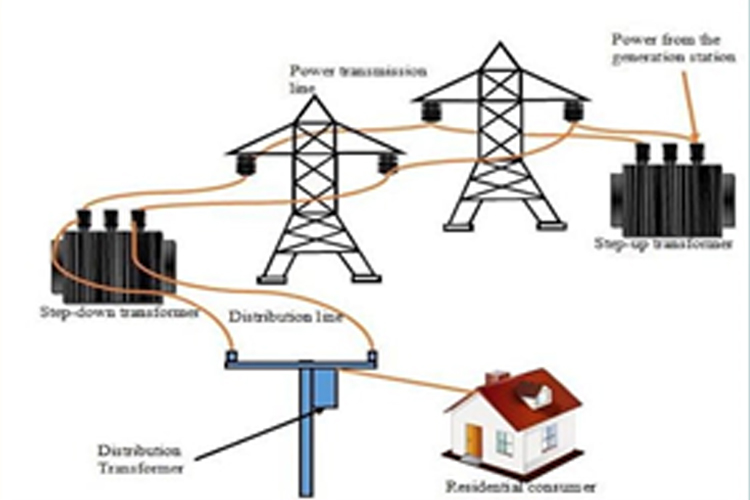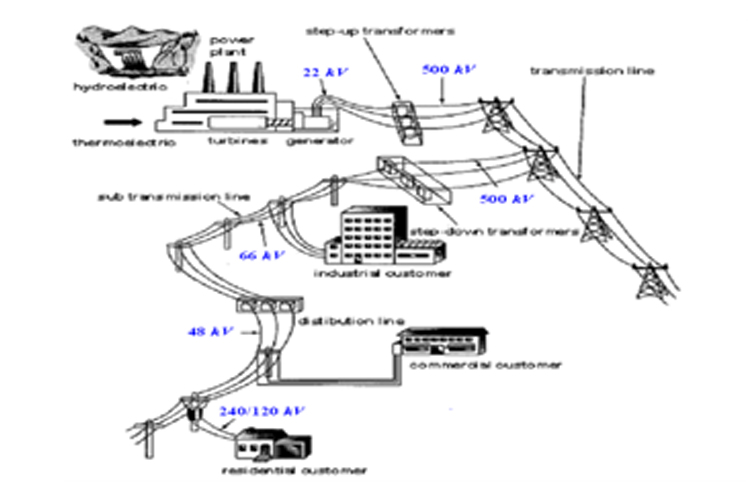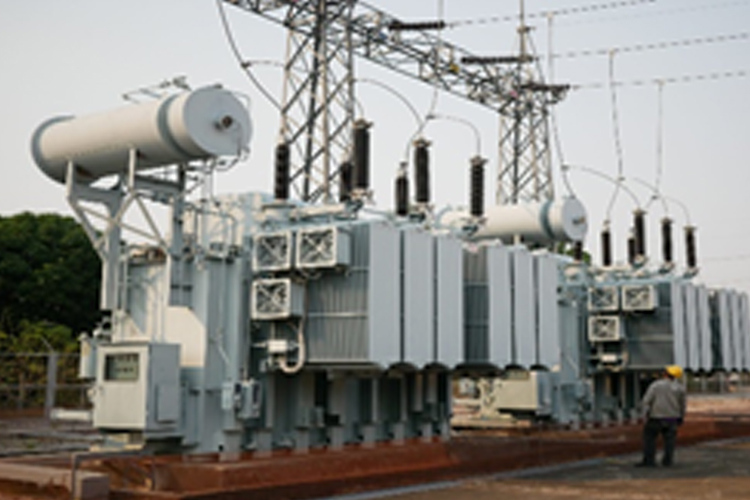Laboratory
Power Systems Simulation Lab
Power Systems Simulation Lab
About
The objective of this power systems simulation lab iin electrical engineering is to provide students with a practical and analytical understanding of power system behavior under various operating conditions. This lab is designed to help students develop proficiency in using simulation tools such as MATLAB, Simulink, and MiPower to model, analyze, and optimize electrical networks. It enables learners to perform load flow analysis using Gauss-Seidel, Newton-Raphson, and Fast Decoupled methods, simulate fault scenarios, and assess transient stability and economic dispatch strategies. Students also gain hands-on experience in forming bus admittance and impedance matrices, evaluating power angle characteristics of synchronous machines, and implementing optimal generation scheduling for thermal power plants. Through these simulations, the lab fosters a deeper comprehension of grid reliability, system planning, and smart grid integration.
Core Areas
Facilities

Computer Systems
MATLAB is a powerful software package that can be used for a variety of tasks, including: Power system analysis: MATLAB can be used to model and analyze power systems, such as transmission lines, transformers, and generators. This can be helpful for understanding how power systems work and for identifying potential problems. Power system design: MATLAB can be used to design power systems, such as by selecting the appropriate equipment and by designing the layout of the system. Power system control: MATLAB can be used to design and implement control systems for power systems. This can help to ensure that power systems are stable and reliable.






